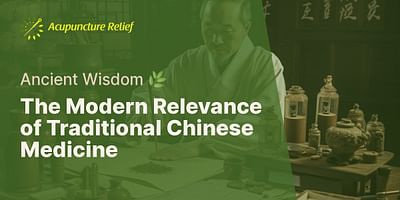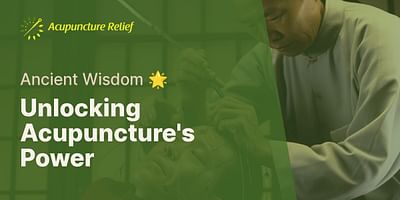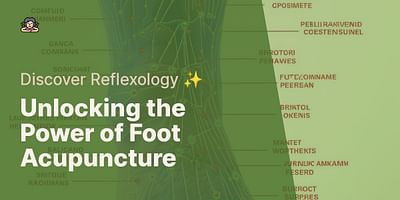Maria Gonzalez is a licensed acupuncturist and a yoga instructor. She combines her knowledge of these two disciplines to provide a holistic approach to health and wellness. Maria has a Master's degree in Acupuncture and Oriental Medicine from the New York College of Traditional Chinese Medicine.
Hey there! I'm Maria Gonzalez, and I'm here to shed some light on the principles of traditional Chinese medicine (TCM). TCM is a holistic system of healthcare that has been practiced for thousands of years in China and is gaining popularity worldwide. It's based on the belief that the body is a complex network of interconnected systems, and when these systems are in balance, we experience good health.
One of the key principles of TCM is the concept of Qi (pronounced "chee"). Qi is the vital energy that flows through our bodies, and it's essential for maintaining our health and well-being. According to TCM, when Qi is blocked or imbalanced, it can lead to illness or discomfort. Acupuncture, one of the main techniques used in TCM, aims to restore the flow of Qi by inserting thin needles into specific points on the body.
Another principle of TCM is the concept of Yin and Yang. Yin and Yang are opposing forces that exist in everything, including our bodies. Yin represents the cooler, more passive aspects, while Yang represents the warmer, more active aspects. In TCM, health is achieved when Yin and Yang are in balance. Acupuncture and other TCM treatments aim to restore this balance by addressing any excesses or deficiencies of Yin or Yang.
TCM also recognizes the importance of the Five Elements: Wood, Fire, Earth, Metal, and Water. These elements are believed to be interconnected and influence our physical and emotional well-being. Each element is associated with specific organs, seasons, colors, and emotions. By understanding these associations, TCM practitioners can identify imbalances and tailor treatments accordingly.
In TCM, the focus is not only on treating symptoms but also on addressing the root cause of the problem. TCM practitioners take a holistic approach, considering the individual as a whole rather than just focusing on the specific ailment. They look at various factors such as lifestyle, diet, emotions, and environment to determine the underlying imbalances and develop a personalized treatment plan.
Now, you might be wondering how TCM can benefit you. Well, TCM can be used to treat a wide range of conditions, including pain, stress, digestive issues, allergies, and even fertility problems. It's a safe and natural approach that can be used alongside conventional medicine.
When it comes to the cost of TCM treatments, it can vary depending on various factors such as the practitioner's experience, location, and the specific treatment required. It's best to reach out to a TCM practitioner in your area to get an accurate idea of the costs involved.
I hope this gives you a good overview of the principles of traditional Chinese medicine. If you're interested in learning more or exploring acupuncture and other TCM techniques, be sure to check out Acupuncture Relief. We have a wealth of information on acupuncture techniques, benefits, costs, and more. Remember, TCM is all about restoring balance and promoting overall well-being. Take care of yourself, and be well!















